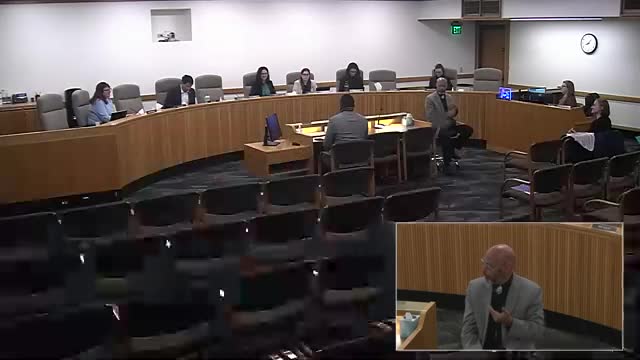Oregon bill would expand child-welfare reporting to track foster-care outcomes
Get AI-powered insights, summaries, and transcripts
Subscribe
Summary
Lawmakers and witnesses urged passage of House Bill 3003 to require the Department of Human Services to include more disaggregated and outcomes-focused data in its annual child-welfare report to reveal placement stability and racial and geographic disparities in foster care.
Representative Travis Nelson, a Portland Democrat, told the House Committee on Early Childhood and Human Services on Feb. 25 that House Bill 3003 would require more detailed annual reporting from the Oregon Department of Human Services on children in state custody.
"Without comprehensive data, it is impossible to fully understand the scope of these challenges or to implement the necessary changes to improve outcomes for foster youth," Representative Travis Nelson said. He described the bill as the product of work by the Oregon Advocacy Commission under House Bill 4052 (2022) and said the measure would allow officials to identify disparities by race and geography and track placement stability.
The bill’s supporters told the committee that existing reporting focuses largely on what happens to children while they remain in their birth parents’ homes and lacks consistent outcome measures for children placed in state custody. Deborah Martin, a former state social service specialist who now serves on the boards of Love in Action and Project Family First, urged the committee to restore and expand public reporting. "If you don't measure something, you can't manage it," Martin said.
Martin and other witnesses outlined specific goals for the bill: public, aggregate reporting that protects personally identifiable information in small counties; restoration of race-disaggregated decision-point reporting that was previously accessible; and outcome metrics that include length of stay, placement moves, and educational and health indicators. Martin emphasized concern for Black families, saying they are "overrepresented" in child-welfare decision points and that more data is needed to assess whether Black children in foster care have inequitable outcomes.
Committee members asked whether the bill protects identities in counties with very small foster populations. Nelson said the agency had reviewed the language and confirmed the data would not contain personally identifiable information, and he agreed it would be possible to craft an amendment that adds safeguards for very small counts.
No committee vote was recorded during the public hearing; the committee closed the public hearing on House Bill 3003 after testimony.
Why this matters: witnesses said that better, publicly available outcome data would inform targeted reforms, hold the system accountable and support investments in family preservation and prevention that could reduce harm and downstream costs for children who enter foster care.
What remains open: committee members and the sponsor discussed adding data-suppression rules for very small counts; no amendment text was before the committee during this hearing.
